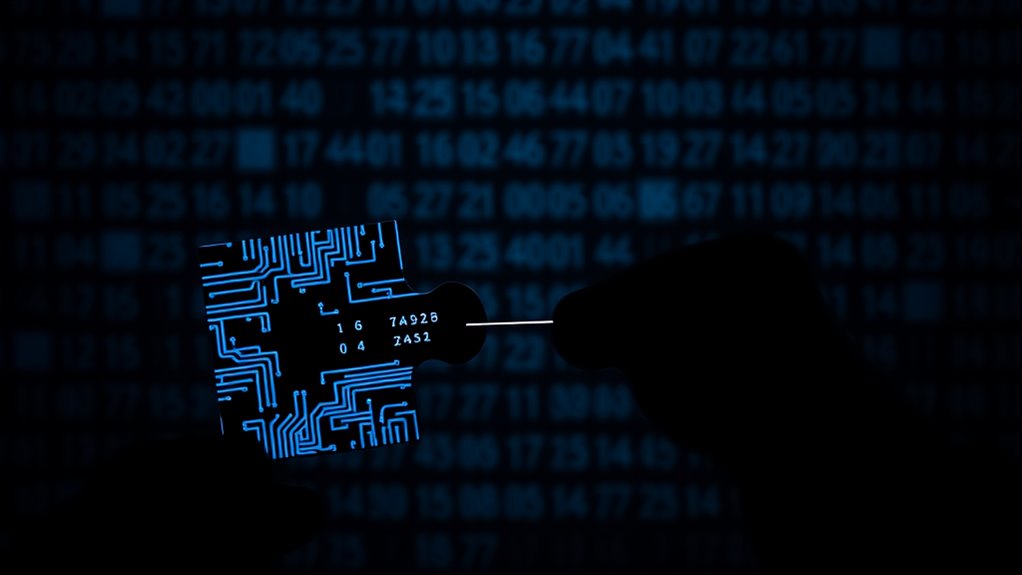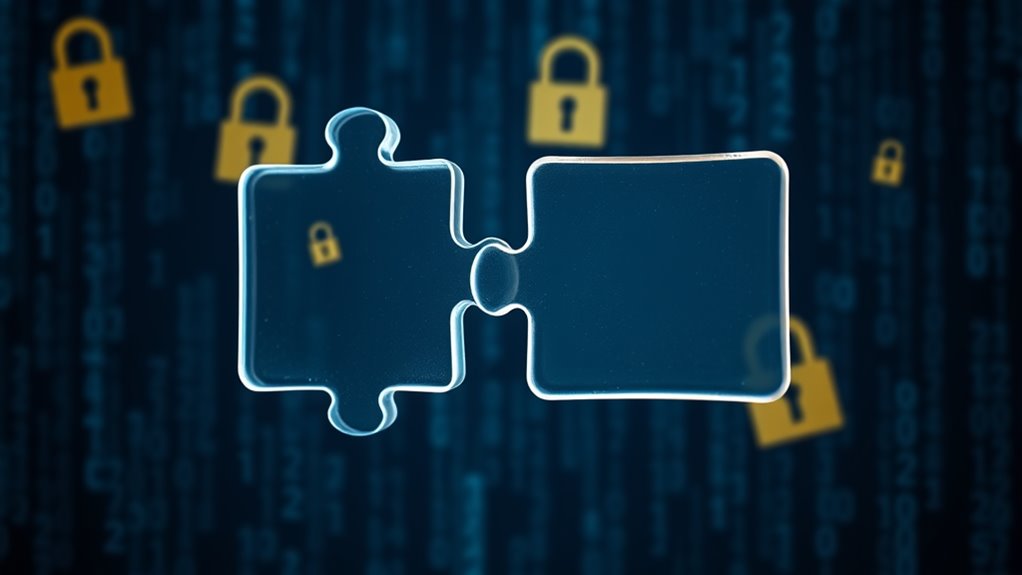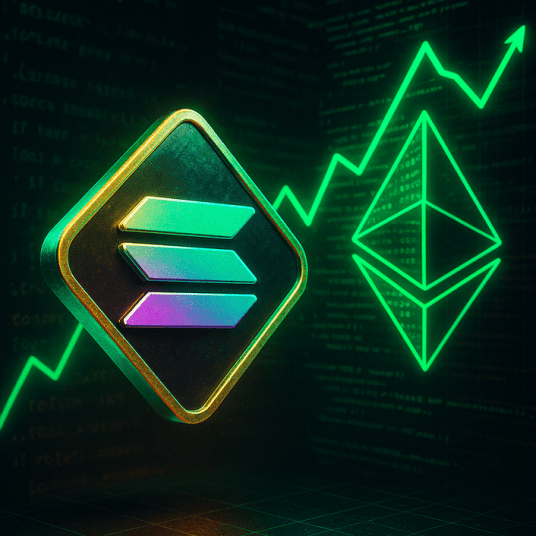Understanding Zero-Knowledge Proofs
Note: This post may contain affiliate links, and we may earn a commission (with No additional cost for you) if you make a purchase via our link. See our disclosure for more info. The crypto world is constantly changing. This content is for informational purposes only and not financial, legal, or professional advice So, please verify the info on the cryptocurrency provider’s websites.
Zero-knowledge proofs (ZKPs) are a clever trick in cryptography. They let someone prove they know a secret—without spilling the beans. Think of a game where you show you can solve a puzzle, yet you keep the puzzle itself hidden. There's a prover and a verifier, and only the truth matters, not the details. They have a fancy vocabulary: completeness, soundness, and zero-knowledge. If you're curious about all the nifty ways they're used, there's much more to explore.

Zero-knowledge proofs (ZKPs) might sound like something out of a sci-fi novel, but they're very much a real thing. Imagine a world where you can prove you know a secret without giving it away. Sounds like magic, right? Well, it's not. ZKPs let a prover convince a verifier that a statement is true without spilling any juicy details.
It's all about three key properties: completeness, soundness, and zero-knowledge. Completeness? An honest prover always gets an honest verifier to buy the story. Soundness? A dishonest prover doesn't stand a chance. And zero-knowledge? The verifier learns zip beyond the fact that the statement is true.
Let's break it down. There are two roles: the prover, who shows they know something, and the verifier, who checks without getting any extra info. There's also the fun distinction between interactive and non-interactive proofs. Interactive ones are like a back-and-forth conversation, while non-interactive ones just require a single message. Think of it like a game of charades versus a quick text.
Two roles: the prover shares knowledge, while the verifier checks it out. Think of interactive proofs as charades and non-interactive ones as a quick text.
This whole concept didn't just pop into existence. Back in 1985, some sharp minds from MIT—Goldwasser, Micali, and Rackoff—put ZKPs on the academic map. Initially just theory, ZKPs have evolved and found their way into real-world applications like secure voting and digital signatures. They're now hot stuff in the blockchain world, making private smart contracts a reality. Additionally, ZKPs have been pivotal in enhancing cryptography by proving knowledge of discrete logarithms, which bolsters security in various authentication systems. Their importance in the blockchain ecosystem is underscored by their ability to facilitate privacy-preserving transactions while ensuring data control. ZKPs complement traditional hashing algorithms that ensure the immutability of blockchain records while adding an extra layer of privacy protection.
Let's be real: it's a bit technical. ZKPs are probabilistic; they don't promise absolute proof. It's all about statistical certainty. And there are specialized types, like zk-SNARKs, which are great for complex computations.
To sum it up, ZKPs are the unsung heroes of privacy, quietly making the digital world a safer place. Who knew math could be so cool?
Frequently Asked Questions
What Are the Real-World Applications of Zero-Knowledge Proofs?
Zero-knowledge proofs are practically everywhere these days.
Blockchain? Check. They're making waves with Zcash and Ethereum.
Finance? ING's using them to prove income without spilling secrets.
Voting? Yup, secure and anonymous elections are on the table.
IoT? Devices are getting smarter and safer.
It's like a magic trick, but with data. No need to reveal everything. Just enough to get the job done.
Who knew privacy could be so cool?
How Do Zero-Knowledge Proofs Enhance Security in Blockchain Technology?
Zero-knowledge proofs make blockchain security a lot snazzier.
They let users confirm transactions without spilling the beans on sensitive info. Imagine a world where you can prove you have enough cash without showing your balance. Pretty neat, right?
Plus, they help keep hackers at bay by ensuring data stays under wraps. No one wants their personal info out in the wild.
Can Zero-Knowledge Proofs Be Used in Voting Systems?
Absolutely, zero-knowledge proofs can be used in voting systems. They make sure that votes stay secret and secure.
Voters can cast their ballots without revealing their choices—pretty neat, right? Plus, they help verify results without exposing who voted for what.
Think of it as a digital cloak of invisibility for your votes. It's all about keeping things private while ensuring everything's on the up and up.
Who knew voting could be this high-tech?
What Are the Limitations of Zero-Knowledge Proofs?
Zero-knowledge proofs sound fancy, but they come with a hefty baggage.
First off, they can be computationally expensive—think long wait times and high energy use.
Then, there's the integration mess; modifying existing systems isn't a walk in the park.
Trust issues? Yeah, if the setup gets compromised, it's game over.
And let's not forget the regulatory maze—privacy and compliance don't always play nice.
How Do Different Zero-Knowledge Proof Protocols Compare?
Different zero-knowledge proof protocols have their quirks.
You've got interactive proofs, which are like a back-and-forth conversation—great for real-time stuff but a tad chatty.
Then there are non-interactive proofs, the introverts that prefer a single setup phase.
zk-SNARKs are compact but need a trusted setup, while zk-STARKs skip that but end up with bigger proofs.
It's a classic case of "choose your poison," depending on what you need.










